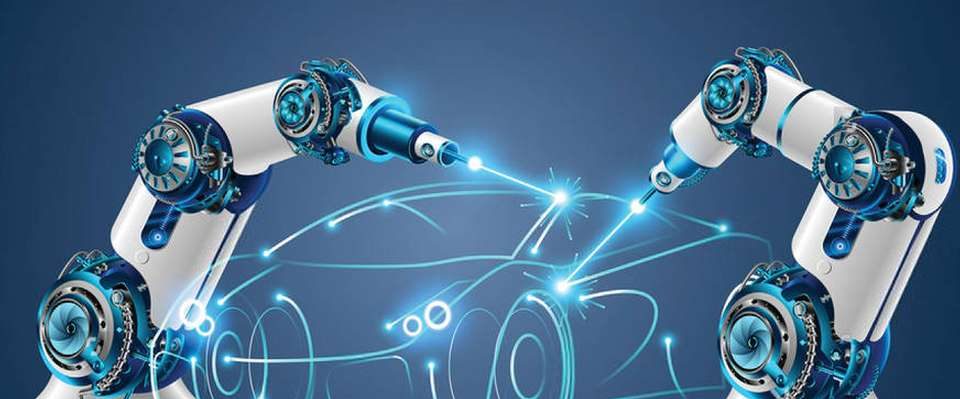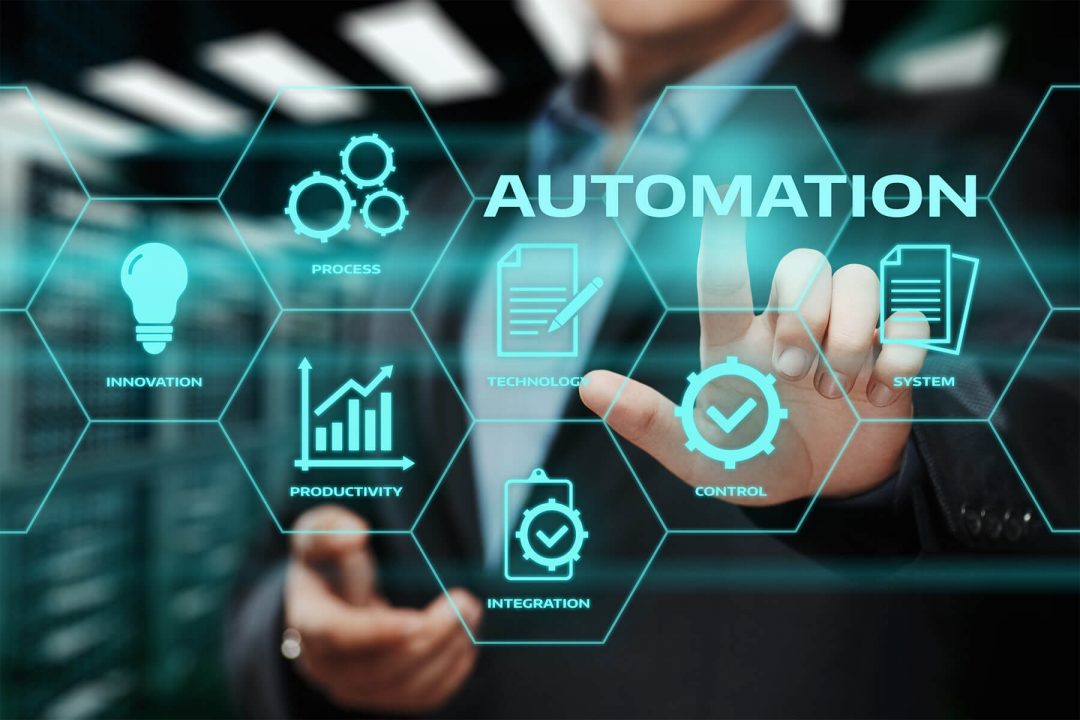Realizing Efficiency with Intelligent Automation in Automotive Production
Discover how intelligent automation is powering efficiency and precision in the realm of automotive manufacturing.

Intelligent Automation in Automotive Production is more than just a technological leap; it's an evolution that is driving efficiency, precision, and revolutionary change within the global auto industry. As we continue to navigate through the 21st century, automobile manufacturers worldwide are leveraging advanced technologies to streamline production processes, minimize human error, enhance attention to detail and, ultimately, realize unprecedented levels of operational effectiveness.
Unveiling the Potential of Intelligent Automation in Auto Manufacturing
The integration of intelligent automation is redefining the dynamic automotive manufacturing landscape, enabling automakers to attain new pinnacles of prowess and productivity.
Table of Contents
- Advancements in Automation
- Role of AI in Streamlining Production
- Benefits of Intelligent Automation in Automotive Production
- Intelligent Automation and the Rise of Autonomous Vehicles
- Challenges and Opportunities
- The Future of Intelligent Automation in Auto Manufacturing
Advancements in Automation

The realm of communication between man and machine has witnessed tremendous growth over the past decades. This exponential evolution, contributed by persistent technological advancements, has resulted in the emergence of intelligent automation. It combines traditional automation with artificial intelligence (AI) and machine learning (ML) capabilities, transforming various industrial sectors, including automotive production.
In recent years, "cobots," or collaborative robots, have become common in automotive production lines. These machines work in harmony with human operators, undertaking repetitive tasks with effortless precision, and freeing up valuable human resources for more complex activities.
Role of AI in Streamlining Production

The incorporation of AI has empowered intelligent automation with abilities to make intuitive decisions and adapt to various operational environments. Real-time analytics and predictive modeling enabled by AI are driving significant upgrades in manufacturing processes.
- Quality Control: AI-backed surveillance systems can detect faults in products with near-perfect accuracy. This capability to identify minute defects, in real time, accelerates the quality control process.
- Predictive Maintenance: By analyzing data through machine learning algorithms, AI can predict potential equipment failures. This foresight allows for preemptive maintenance, consequently reducing downtime and saving costs.
- Process Optimization: AI's ability to analyze huge volumes of data in a matter of seconds makes it invaluable in optimizing production processes. By continually examining machine performance, AI can recommend adjustments that enhance efficiency and productivity.
Benefits of Intelligent Automation in Automotive Production
Embracing intelligent automation comes with a myriad of benefits, some of which are:
- Improved Productivity: Automation can run 24/7 without errors, significantly improving productivity.
- Enhanced Quality: Given their superior precision and the absence of human error, automated systems consistently produce high-quality output.
- Reduced Costs: By minimizing human involvement in repetitive tasks, automation reduces labor costs. As it decreases error rates, it also saves the expenses incurred in fixing defects.
- Increased Safety: With machines performing the more hazardous tasks, the safety of the workforce improves significantly.
While we've discussed the benefits of intelligent automation in a macro sense, it's vital to bear in mind that this technology's impact will vary based on specific implementation strategies and manufacturing architectures. Nevertheless, one thing remains certain: the role of intelligent automation in manufacturing is poised to grow substantially in the foreseeable future.
A Closer Look at Intelligent Automation Applications
To truly appreciate the transformative potential of intelligent automation in the automotive industry, it's important to delve into some real-world cases. In the next section, we'll uncover how state-of-the-art automation is shaping the future of autonomous vehicles.
Intelligent Automation and the Rise of Autonomous Vehicles

The grand vision of autonomous vehicles, charting a course without a human at the wheel, is fast transitioning from a sci-fi pipe dream to ground reality. The cornerstone of this reality? None other than intelligent automation. Uniting advanced robotics, artificial intelligence, and machine learning, intelligent automation is a key player influencing the development of self-driving technologies.
Consider Tesla, the game-changer in electric mobility. Tesla's Autopilot system employs advanced sensors, cameras, and on-board computing capabilities. This automated system assesses real-time inputs, making on-the-fly decisions to navigate traffic, switch lanes, park autonomously — even respond to stop signs and traffic lights. But here's the catch: The system isn't just reacting in real-time, it's learning. Backed by machine learning algorithms, the Autopilot is continually improving, adapting to a diverse range of environments and scenarios.
Challenges and Opportunities
Despite its overwhelming benefits, intelligent automation isn't without hurdles. Initial investment costs, cybersecurity threats, and the growing need for a skilled workforce to manage automated systems present real challenges.
The Challenge of Cost
Automated systems come with high upfront costs. Small to medium-sized auto manufacturers could find it difficult to fund such hefty investments. However, the long-term gain in productivity and efficiency can offset these initial expenditures, leading to a more profitable operation in the end.
Cybersecurity Threats
Automated systems are, by nature, digital — making them potential targets for cybercriminals. As we integrate more AI and IoT devices into the equation, the cybersecurity landscape becomes a complex beast to navigate. However, while this challenge is genuine, it's not insurmountable.
The Role of Skilled Workers
The shift to automation does not eliminate the need for a human workforce; rather, it redefines the skill set of the requisite personnel. Strategy, supervision, and system maintenance — these are the areas that require human expertise. Consequently, there's a demand for a new genre of skilled workers: those comfortable navigating the intersection of manufacturing and AI.
The Future of Intelligent Automation in Auto Manufacturing

As AI and ML continue to evolve, so does the potential of intelligent automation. Future factories, equipped with cutting-edge technology, could harness data more efficiently, bolstering quality control and predictive maintenance. Simultaneously, the role of cobots will expand even further, fostering an exemplary synergy between humans and machines.
Indeed, the future of the automotive industry is digital, and it's fascinating. As the boundaries of technology continue to stretch, auto manufacturers worldwide are gearing up, ready to leap into an era where production is refined, precise, fast, and, yes, autonomous. The age of intelligent automation is very much upon us, and it's a thrilling ride.
What's Your Reaction?































































